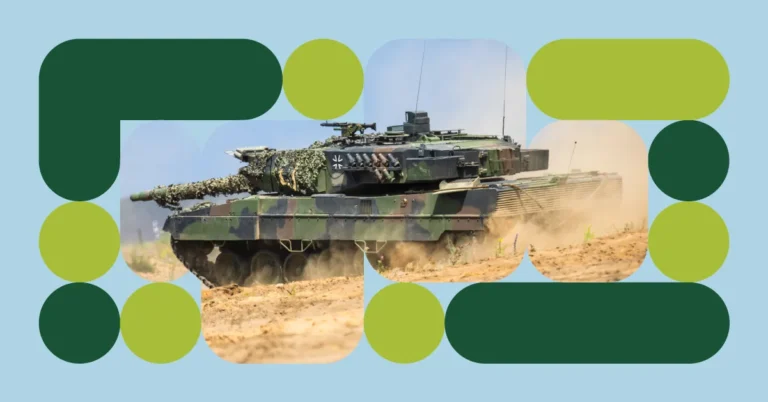The Irish low cost carrier Ryanair is expanding its maintenance, repair and overhaul (MRO) base in Kaunas, Lithuania. The transport industry giant is planning to invest around €250,000 into expanding the facilities of its maintenance unit, Kaunas Aircraft Maintenance Services (KAMS), which is located at Kaunas International Airport.
According to KAMS’s accountable manager, Karolis Čepukas, a range of new workshops will be opened at the facility thanks to this new investment. “This year, the expected volume of airframe maintenance and aircraft components in Kaunas is increasing,” says Mr Čepukas, “so it was decided to open additional workshops for aircraft components within our existing hangars. We are opening workshops for repairing aircraft airstairs, filling oxygen cylinders, and working on metal and composite parts. In addition, we will be hiring additional aircraft airframe technicians,” he explains.
The company expects its turnover to jump 20 % this year, and is planning a 30% increase in the number of aircraft maintenance, repair and overhaul specialists it employs. After the expansion, around 140 specialists will be employed at the facility.
KAMS’s growth is closely related to the continued expansion of Ryanair’s fleet; by 2020 the company will be operating in excess of 500 aircraft. And in this context of continued strong growth, KAMS is optimistic that in the future new hangars for aircraft refinishing and other maintenance activities could be opened at the Kaunas facility.
Lithuania’s aviation industry, and MRO (maintenance, repair and overhaul) in particular, is registering strong growth at present. And it has the potential to continue growing in the future thanks to recent reforms to the study programmes provided by Lithuanian higher education institutions, which were proposed by the industry and supported by Invest Lithuania.
Thanks to a recently signed agreement, from this year aviation companies operating in the Kaunas region will provide Aviation Engineering students at Kaunas University of Technology (KTU) with the opportunity to accumulate more practical experience during their studies. In their third year, students will be able to do a full year internship at one of the many aircraft maintenance and repair organisations participating in the scheme. And from the very start of their studies students will be introduced to the aircraft maintenance and repair industry.
This will enable graduates to have at least 1 year of experience, thus meeting internationally recognised EASA requirements, a very important criterion for acquiring a professional license. Further initiatives by education institutions will mean study programs can be certified as meeting EASA basic training requirements. These steps mean companies will acquire well-trained technicians, and will lower the investment companies need to make, as the theory part of their training would be partially covered by government funding.
For Mantas Katinas, general manager of investment development agency Invest Lithuania, focusing on education is the key to success in an industry where specialist skills are so important. “The aircraft repair and maintenance industry is particularly dependent on the education and experience levels of its engineers,” he points out. “Advances in education programs and the cooperation between universities and the major aviation companies operating in Lithuania will have two important effects. They will enhance the position of the entire industry in Lithuania, and will help to create favourable business conditions both for the growth of existing aviation companies and for the attraction of investments from new players,” Mr Katinas concludes.













